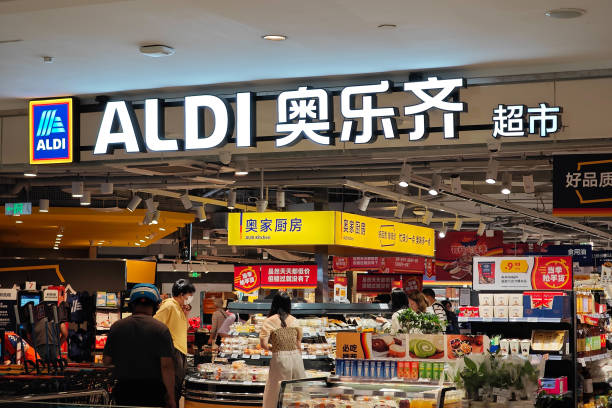Aldi’s business strategy in Australia continues to make waves, with a recent government inquiry shedding light on the company’s financial success and unique approaches.
Despite being privately owned, Aldi’s profits and operations have come under scrutiny through a series of public hearings conducted by the Australian Competition and Consumer Commission (ACCC).
One of the standout revelations is that Aldi generates approximately $12 billion in annual revenue from its Australian operations.
Although the company does not typically disclose updated financial figures, its managing director of national buying, Jordan Lack, confirmed this estimate during the inquiry.
With around 600 stores nationwide, Aldi has successfully carved out a 10% share of the Australian grocery market, positioning itself as a profitable player in a sector dominated by Coles and Woolworths.
Aldi’s innovative business model includes its famous “middle aisle” — a space where customers can find everything from gadgets to gardening tools.

This section has proven to be highly lucrative, as the company earns higher profit margins from these “special buys” than from its regular groceries.
The profitability of this section relies heavily on how well these items sell, with Aldi’s margins reflecting the difference between the cost of acquisition and the retail price.
Another noteworthy aspect of Aldi’s strategy is its reluctance to engage in online shopping.
While its competitors, Coles, and Woolworths, expand their digital platforms to meet changing consumer demands, Aldi has remained steadfast in focusing on in-store sales.
According to Lack, online shopping would incur substantial costs, particularly due to the need for employees to pick orders, a practice that contradicts Aldi’s cost-saving model of minimal staffing and self-service.
As the ACCC continues its investigation into grocery prices and competition, Aldi’s approach remains a key point of interest, particularly its reliance on a no-frills, in-store experience that helps it offer competitive prices.

